According to the Austrian Society for Nutrition, one should ideally eat 5 portions of fruit and vegetables per day. Some people tend to eat fruit, others prefer to eat more vegetables to cover their daily needs. But what is really healthier, and should one eat more of – fruit or vegetables?
In this blog post we will look into this question and also clarify where the differences between fruit and vegetables lie and whether there are any differences between the two at all.
Fruit versus vegetables – What are the differences?
Let’s start with the question of what differences there are between fruit and vegetables. How can the two be distinguished? What makes an apple a fruit and a pumpkin a vegetable?
In science there is no clear distinction between fruit and vegetables. This is mainly due to the fact that there are so many exceptions and there is food that does not fit in one of the categories because of just one characteristic. Even food scientists therefore have no clear definition.
However, there is much evidence to indicate whether a food is more of a fruit or vegetable:
- Fruit is mainly eaten raw, while vegetables tend to be cooked or at least steamed. However, there are exceptions, such as the apple, which tastes very good even when warm in the form of apple rings or apple strudel. But there are also vegetables, such as carrots or celery, which can be snacked raw. But why is fruit rather used raw? This is partly due to the higher sugar content and partly to the fact that ripe fruit is normally soft and can therefore also be chewed well raw. Vegetables are rather hard and therefore difficult to chew.
- Fruit is usually sweeter than vegetables. In addition, vegetables tend to be prepared in a savoury way.
- Fruit has a rather sweet to sour taste. Vegetables on the other hand do not have such a strong taste of their own and can therefore be seasoned well.
- Another difference is the average water content. Vegetables often have a water content of up to 80%, the cucumber even 97%. Fruit has a lower water content in comparison. The banana, for example, only has one of 75%.
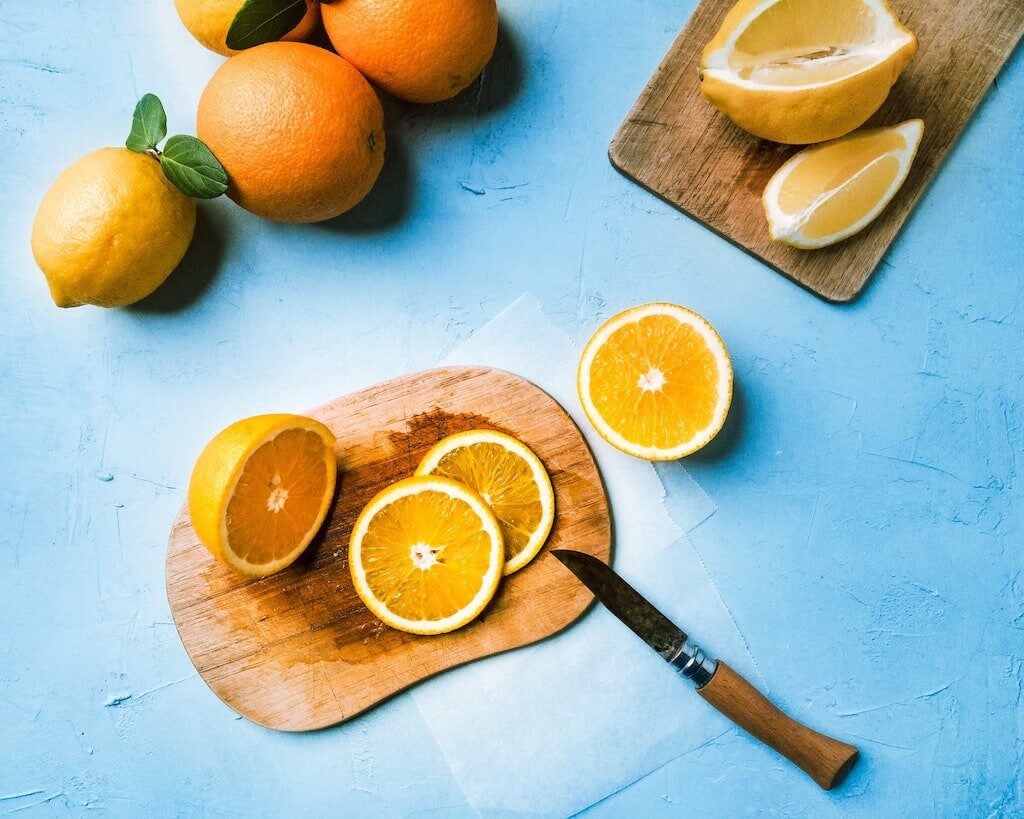
What are the differences between fruit and vegetables in botany?
Now we have learned about the differences that are relevant for each of us and that we notice in our daily lives. In botany, however, there are important other distinguishing features.
- A big difference between fruit and vegetables lies in the length of their lifetimes. Fruit is normally a perennial plant. The fruits grow on trees or bushes and can be harvested every year. Vegetables, on the other hand, are harvested once per season and the plant dies after one season or one year. The following year, the vegetables have to be grown again. Asparagus, for example, is an exception.
- Fruit is the fruit or seeds of a plant, which arise from its flowers. Vegetables on the other hand are whole parts of a plant, such as the stems, roots or leaves. There are exceptions here as well: Peppers, tomatoes, aubergines, cucumbers, melons, pumpkins, okra, zucchini and pulses are vegetables that come from the flower of a plant. They are therefore called fruiting vegetables.
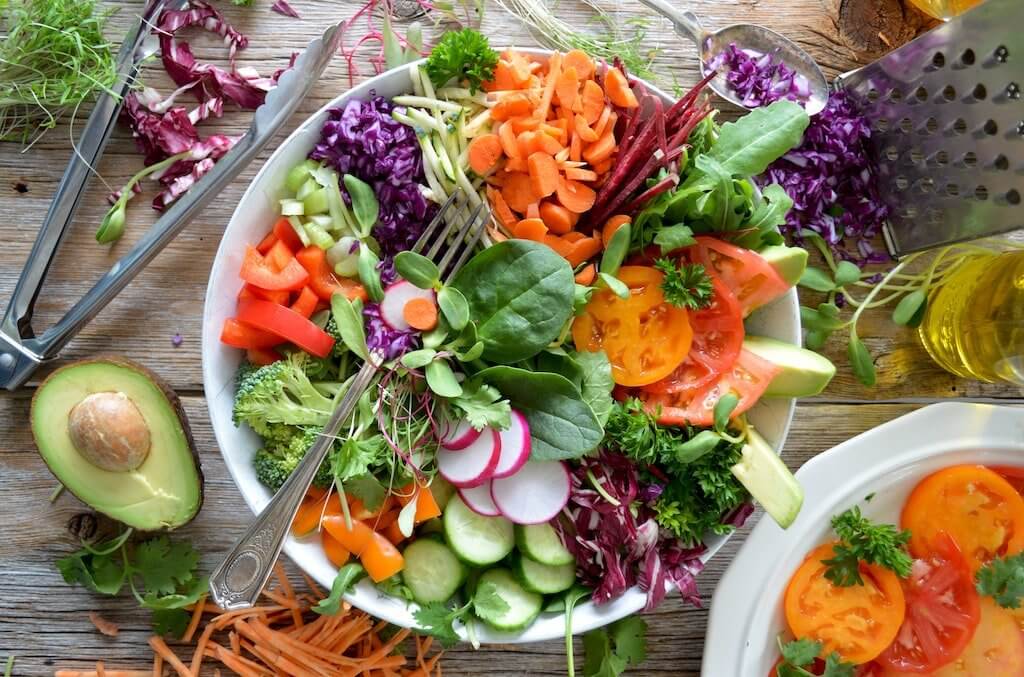
Which plants are fruits and which vegetables?
Here you will find an overview of the various types of fruit and vegetables.
| Fruit | Vegetables |
| Acerola, pineapple, apple, apricot, banana, pear, blackberry, clementine, cranberry, dates, durian, dragon fruit, strawberry, fig, pomegranate, grapefruit, guava, rose hip, raspberry, elderberry, cloudberry, currant, persimmon, cherry, kiwi, lime, lychee, tangerine, mango, passion fruit, melon, mirabelle, orange, grapefruit, papaya, quince, lemon, plum | Artichoke, wild garlic, cauliflower, nettle, broccoli, Chinese cabbage, pea, endive, fennel, leek, carrot, potato, garlic, kohlrabi, lentils, corn, chard, cassava, Horseradish, parsnip, radish, rhubarb, beetroot, red cabbage, Brussels sprouts, lettuce, chives, celery, soya bean, asparagus, spinach, wasabi, white cabbage, savoy cabbage, onion |
Some foods such as aubergines, tomatoes, cucumbers, melons, peppers, pumpkin and courgettes cannot be clearly assigned to the fruit and vegetable category and are therefore included in the additional category of fruiting vegetables.
Are fruit or vegetables more important for the body?
What are the differences for the body? Do fruits or vegetables have more advantages for us, what should we eat more of? It is important to consume both fruit and vegetables. Both foods contain many nutrients and are good and important for health. Among other things, they are rich in vitamins, minerals, fibre and secondary plant substances. The latter have an anti-inflammatory effect and are also antibacterial.
According to the Austrian Society for Nutrition (ÖGE), you should eat 3 portions of vegetables and 2 portions of fruit per day. It is also important to eat different types of fruit and vegetables, as they contain different nutrients. A balanced and varied diet is essential for an optimal supply of all important vitamins, minerals and secondary plant substances.
These vitamins and minerals are found in fruit and vegetables
Fruit and vegetables both provide vitamins and minerals. How much of this depends, among other things, on the preparation. Since vitamins and minerals are not produced by the body itself, they must be supplied. They are good for building cells, bones, teeth, metabolism and much more.
During storage, fruit and vegetables lose vitamins, so it is particularly important to store them correctly. The food must be stored in a cool, dark, frost-proof place with high humidity and air exchange.
| The most important vitamins | In this fruit and vegetable, you will find them |
| Beta-carotene (precursor of vitamin A) | Carrots, spinach, broccoli, apricots, red peppers |
| Vitamin B1 | Pulses like peas and lentils |
| Vitamin B2 | Kale and broccoli |
| Vitamin B6 | Banana, avocado, beans, corn salad, potato |
| Vitamin C | Kiwis, berries, citrus fruits, peppers, tomatoes |
| Vitamin D | Mushrooms |
| Vitamin E | Nuts and seeds |
| Vitamin K | Cabbage, spinach, green salad |
Fibres
Dietary fibres are almost exclusively contained in vegetable foods. They lead to a longer feeling of satiety, so you eat less and can better maintain your weight. Fibre also stimulates digestion, lowers cholesterol levels, is good for blood sugar levels and reduces the risk of obesity, high blood pressure, heart attack or diabetes.
The following fruits are particularly high in fibre: apples, berries and pears and especially dried fruits such as raisins and apricots. Broccoli, peas, carrots and potatoes are also good vegetables with a high fibre content. In addition to fruit and vegetables, whole grains also contain a high proportion of fibre.
Do fruits and vegetables contain a lot of sugar?
As we have already mentioned, fruit has on average more sugar than vegetables. So, if you want to lose weight, you should opt for vegetables rather than fruit. In general, vegetables are therefore healthier than fruit. Especially sweet fruit contains more fructose and should therefore be consumed in moderation. Fructose favours the feeling of hunger and therefore one eats more. You can read more about sugar and how harmful it really is here.
Variety is crucial
As already mentioned, you should eat 5 portions of fruit or vegetables a day. This does not mean that you should eat the same food 5 times a day. It is important that you include as many different types of fruit and vegetables in your diet as possible. It is best for the body to combine many varieties of fruit and vegetables, because that is how you get the most vitamins and nutrients.
Which vegetables and fruits are in our Verival products?
Our Verival breakfast products contain many important fruits and vegetables. Our products contain many berries like raspberries, blueberries, strawberries, blackberries and currants. At Verival, they are in season all year round, as we use freeze-dried berries.
Other fruits that you can find in our mueslis, porridges and crunchies include apricots, bananas, plums, cherries, peaches, acerola, orange and mango.
We especially recommend our two savoury porridges, the pumpkin-tomato-porridge and the broccoli-porridge. Because porridge doesn’t necessarily have to be sweet and fruity, but also gives a lot with vegetables.
Recommended articles
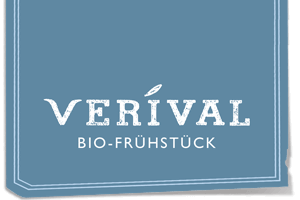





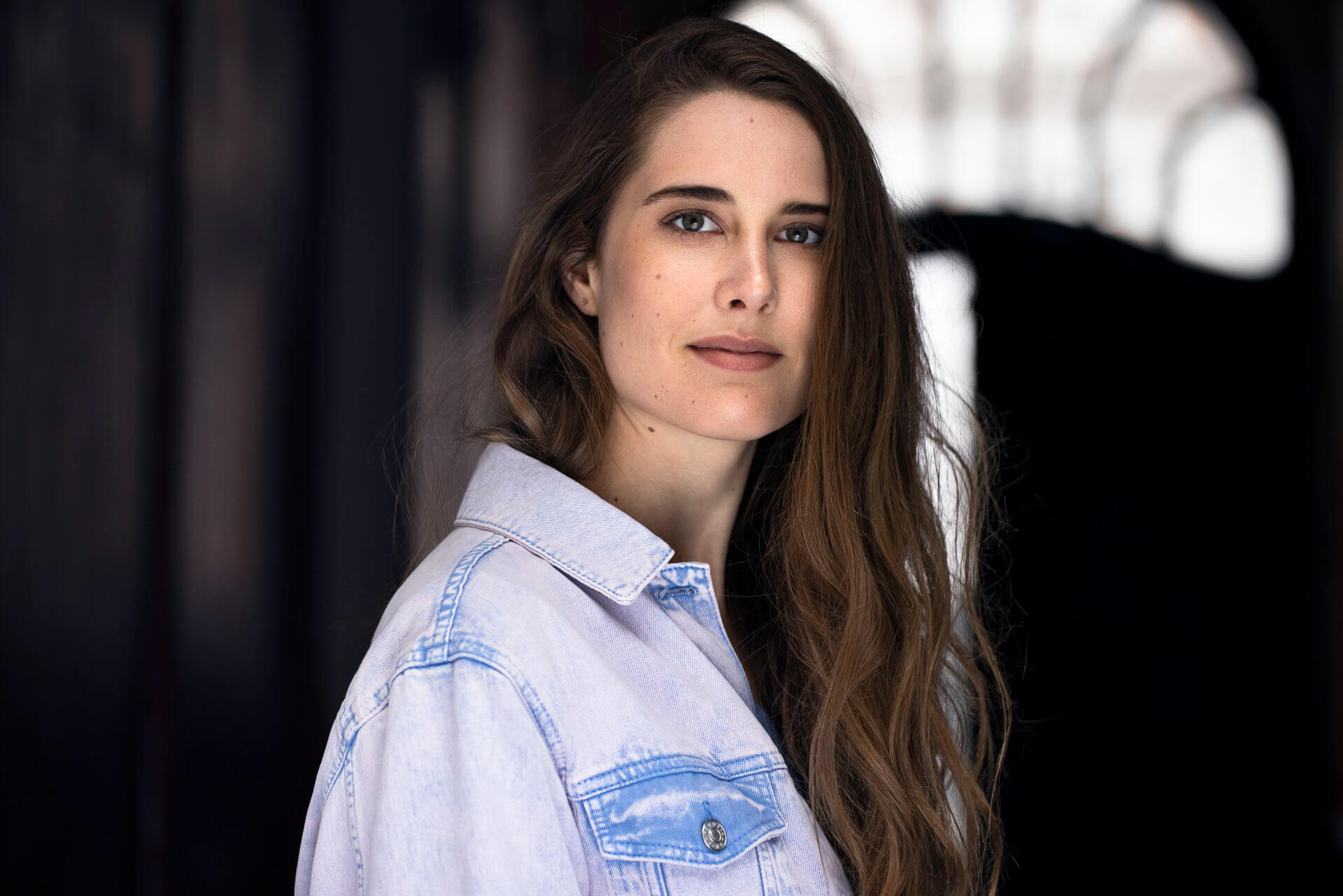
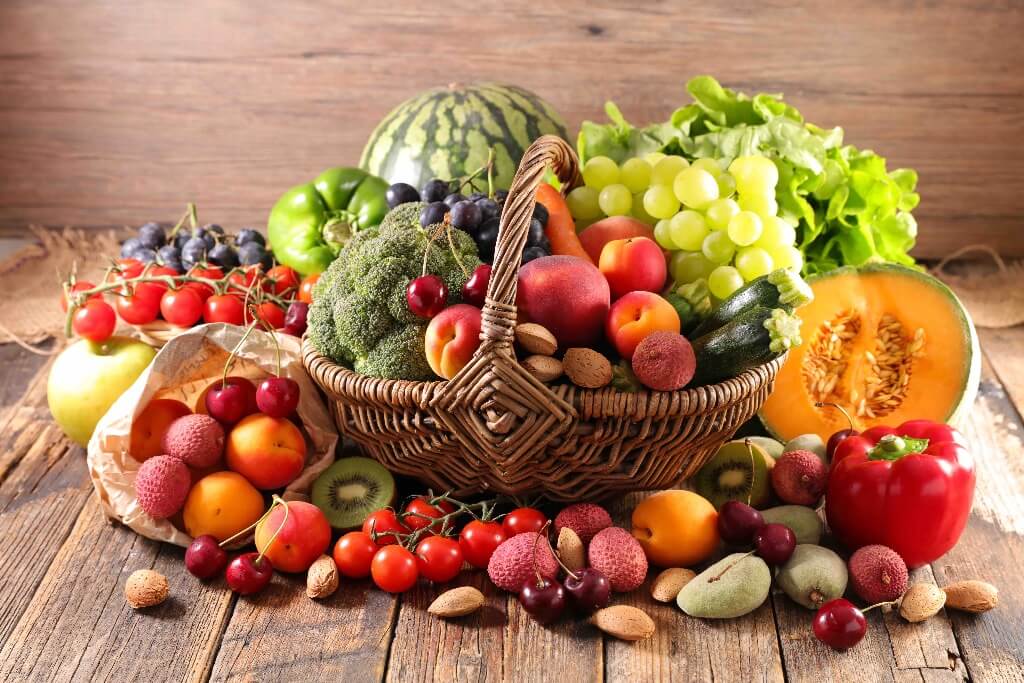

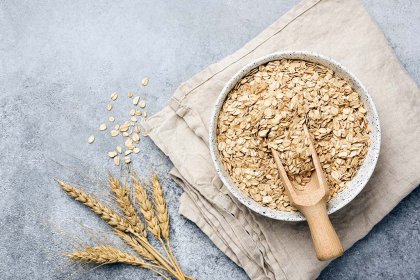
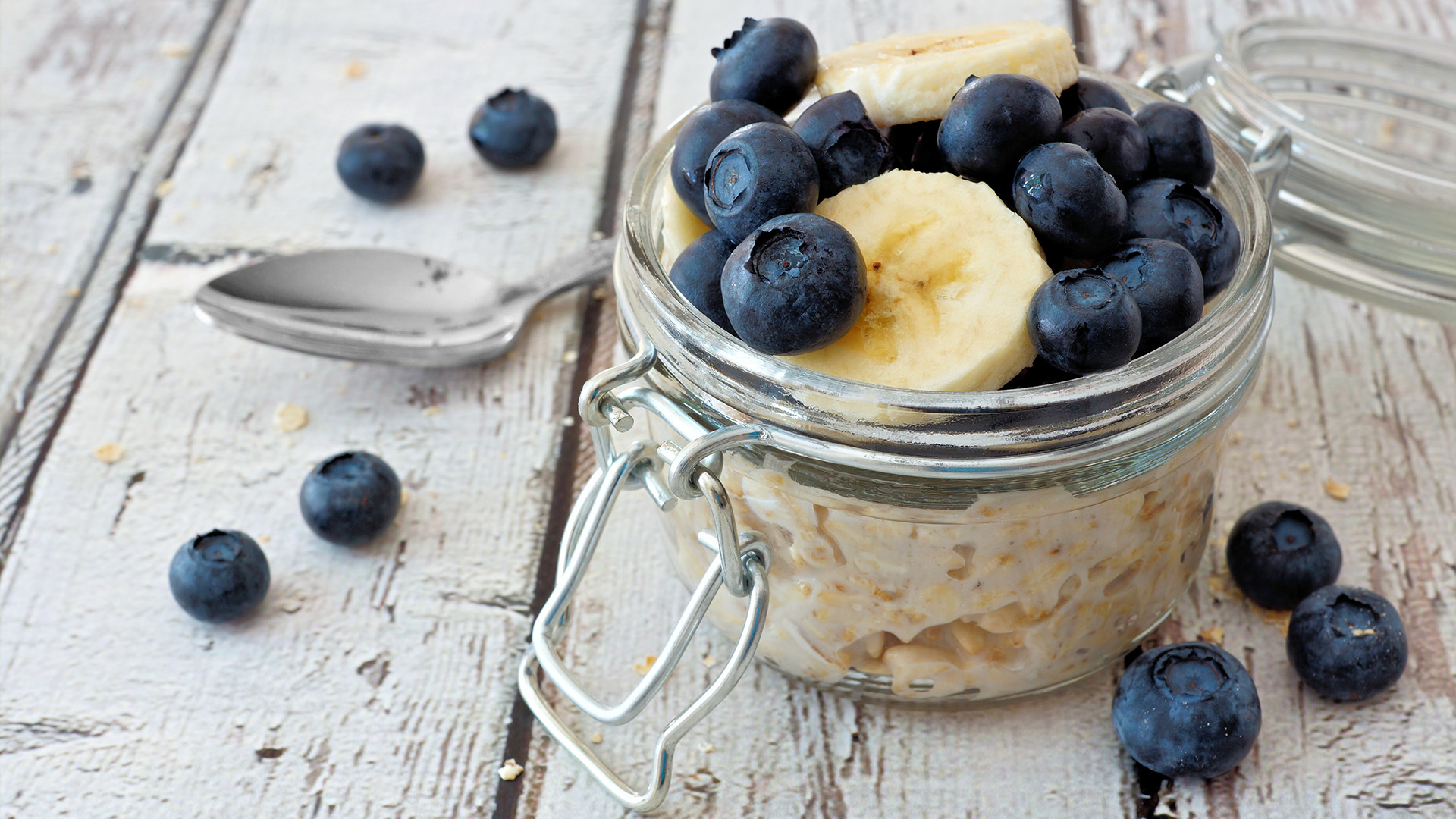
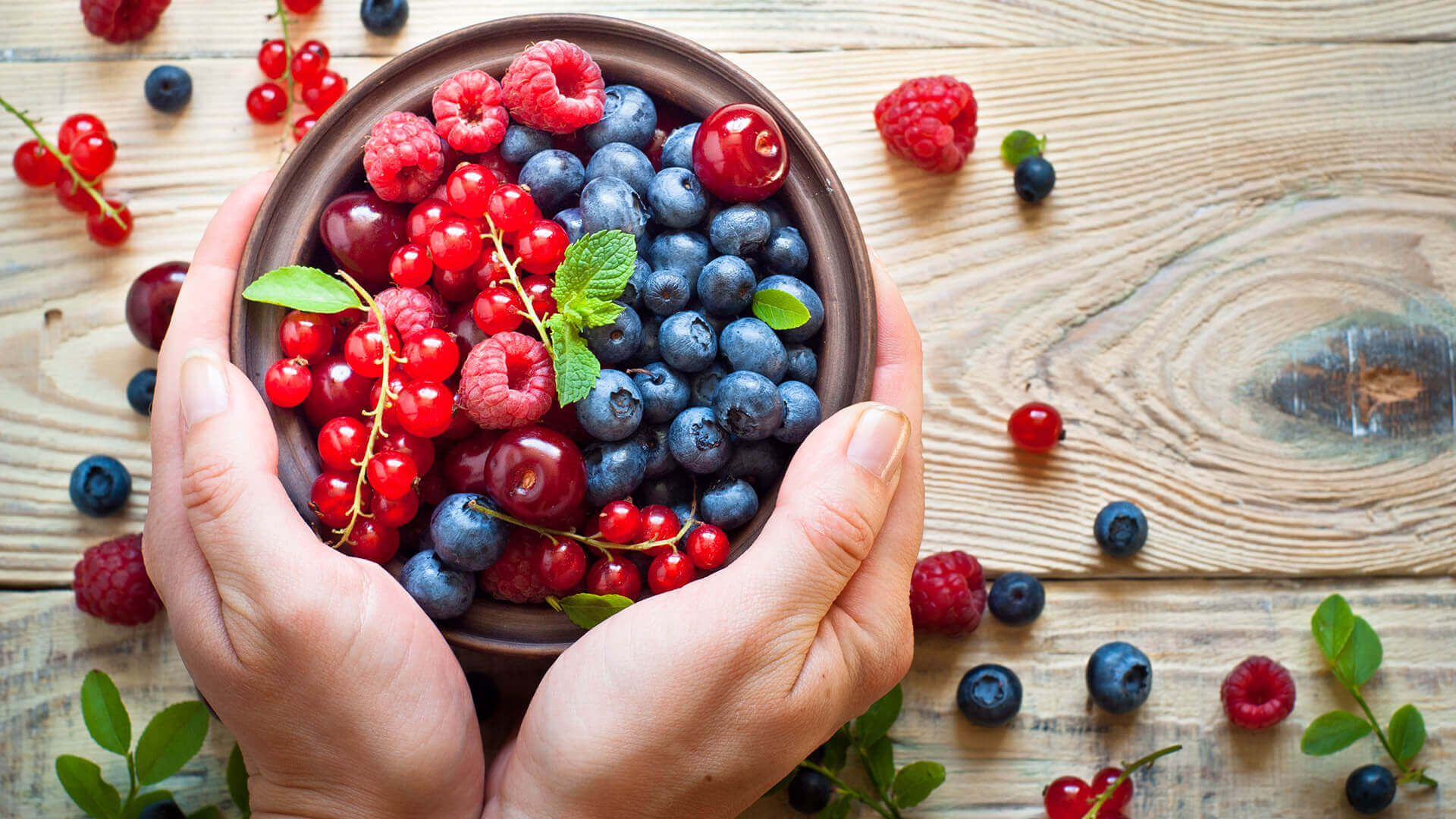
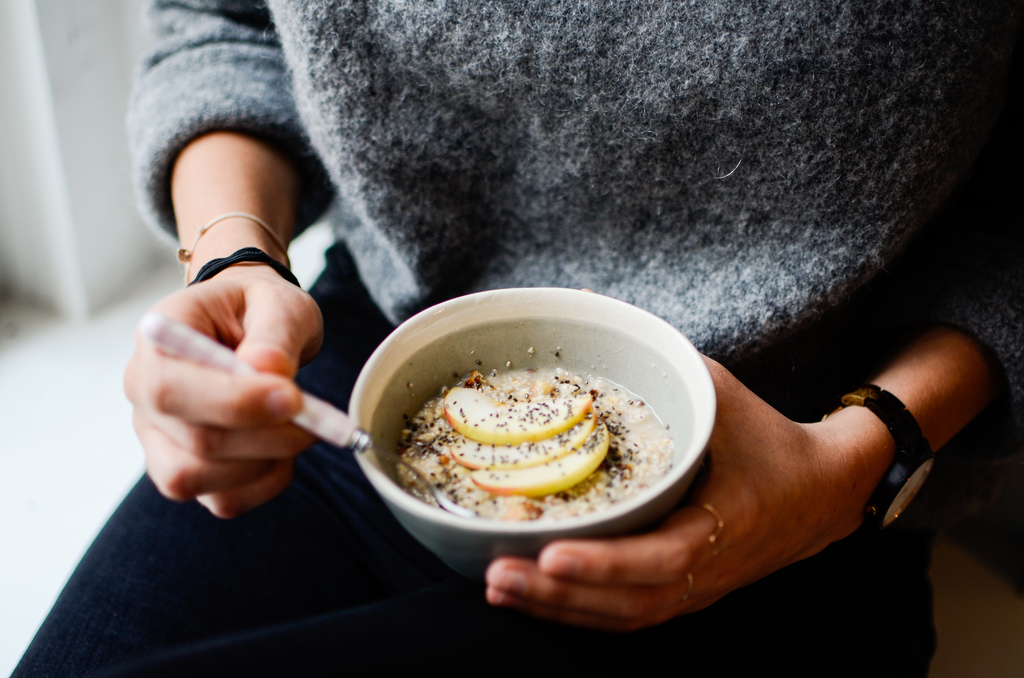
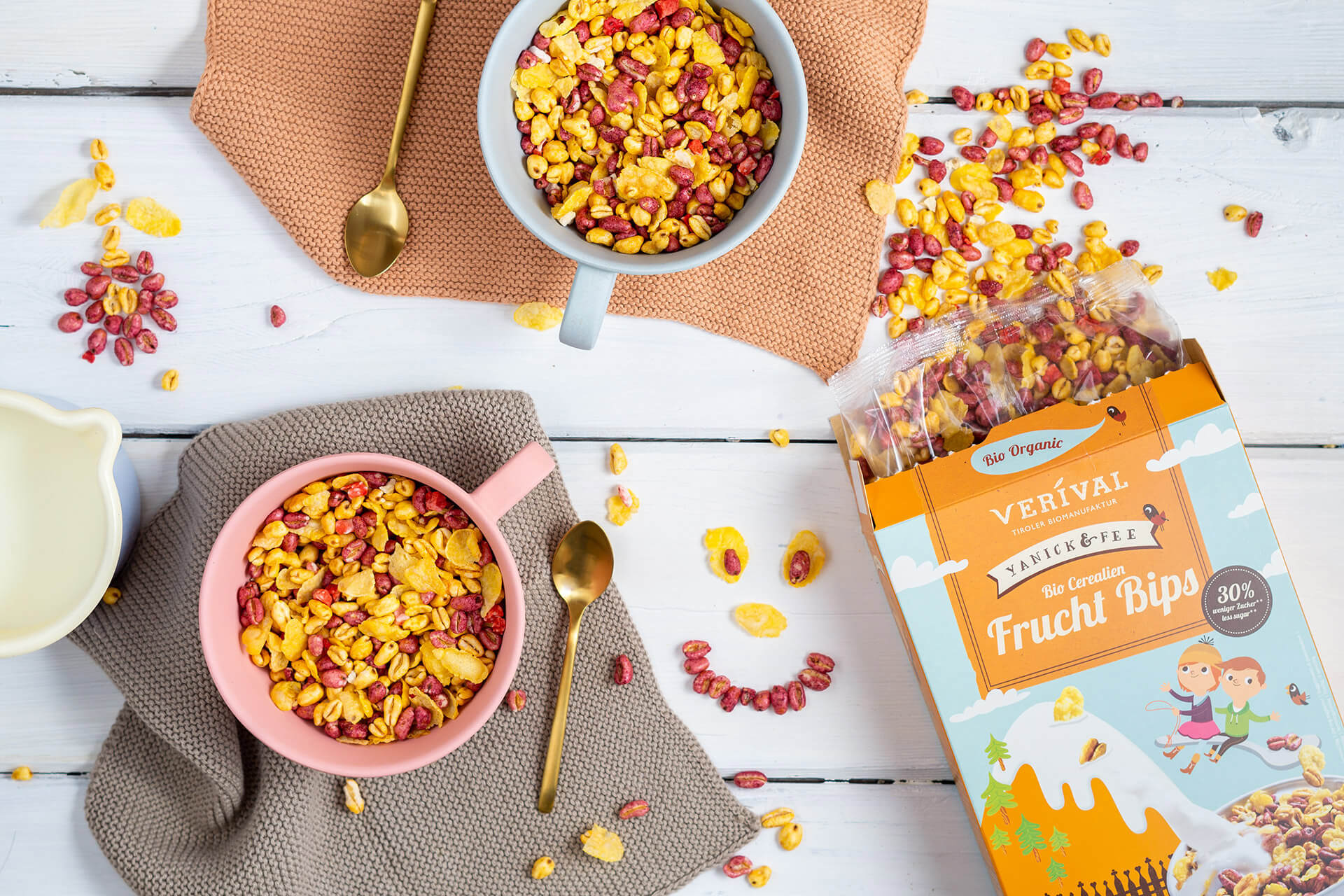
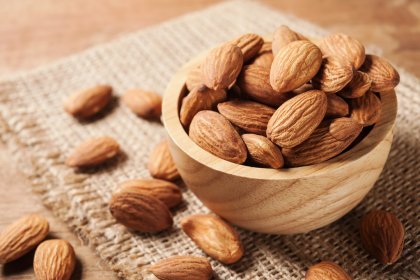
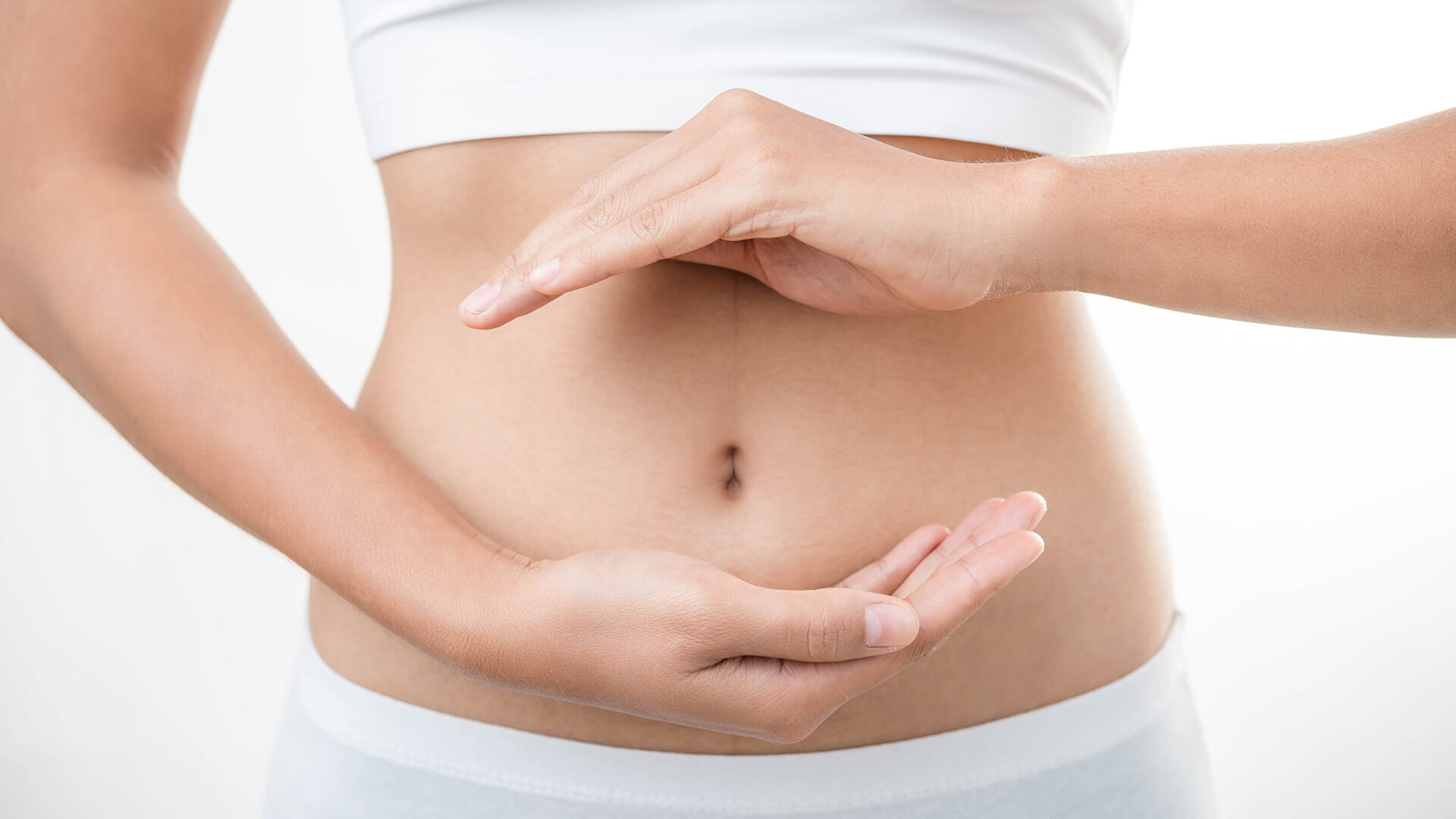
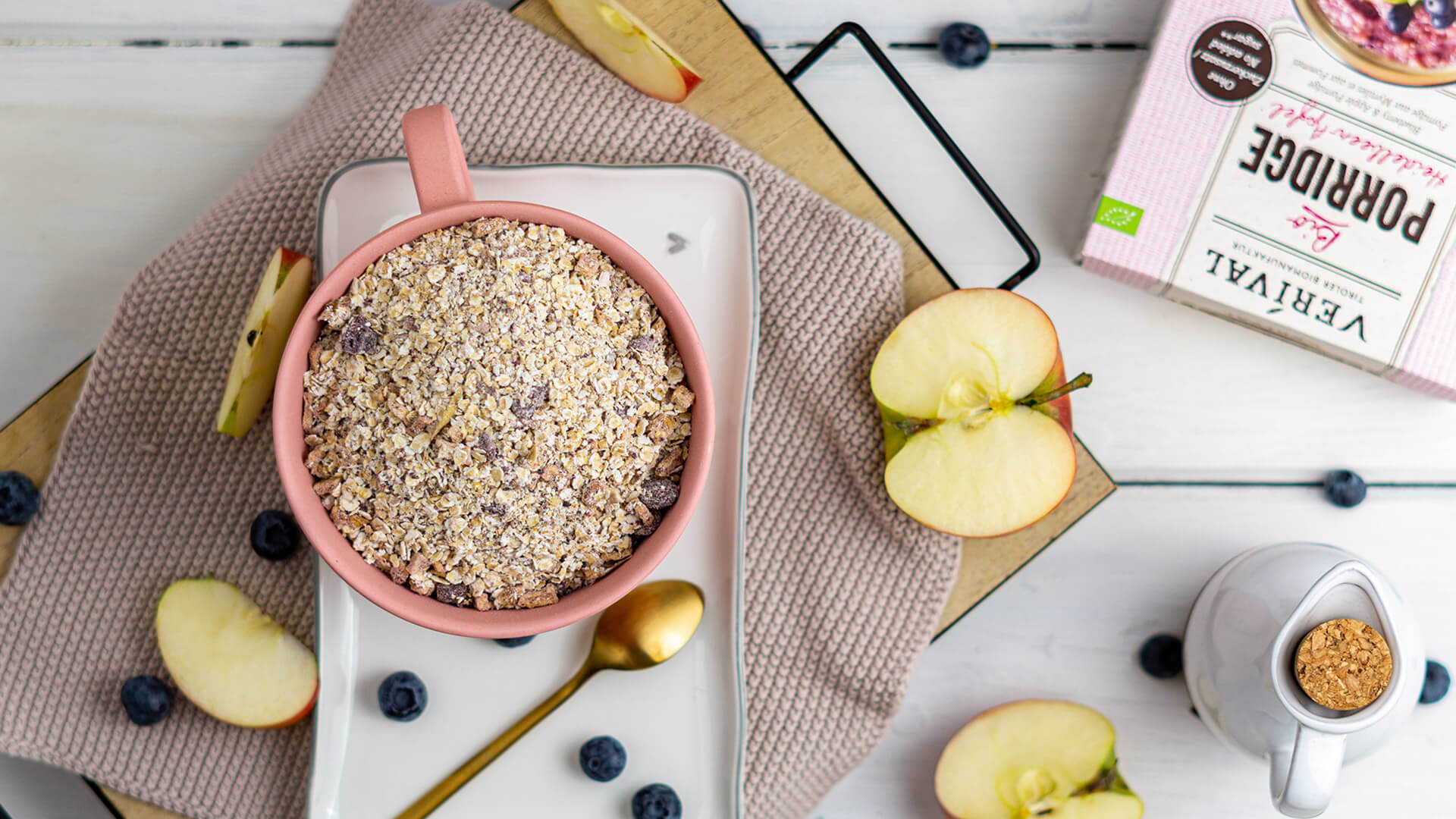
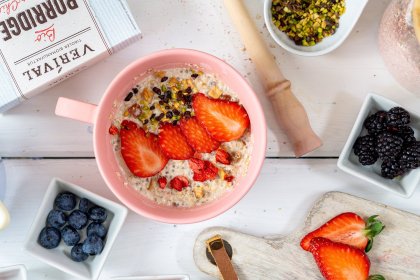
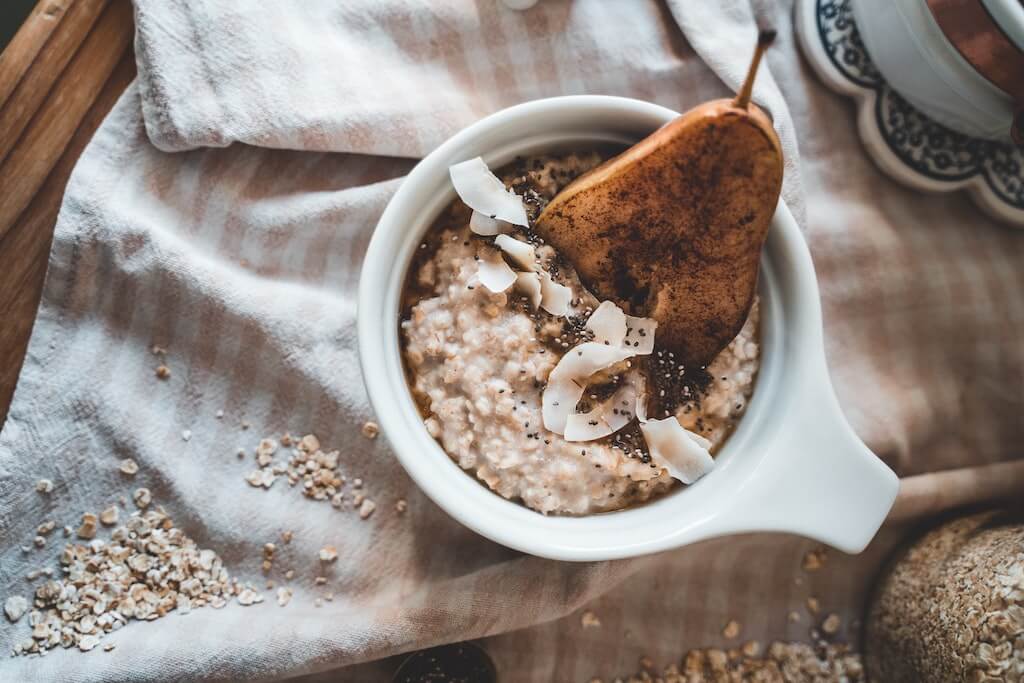
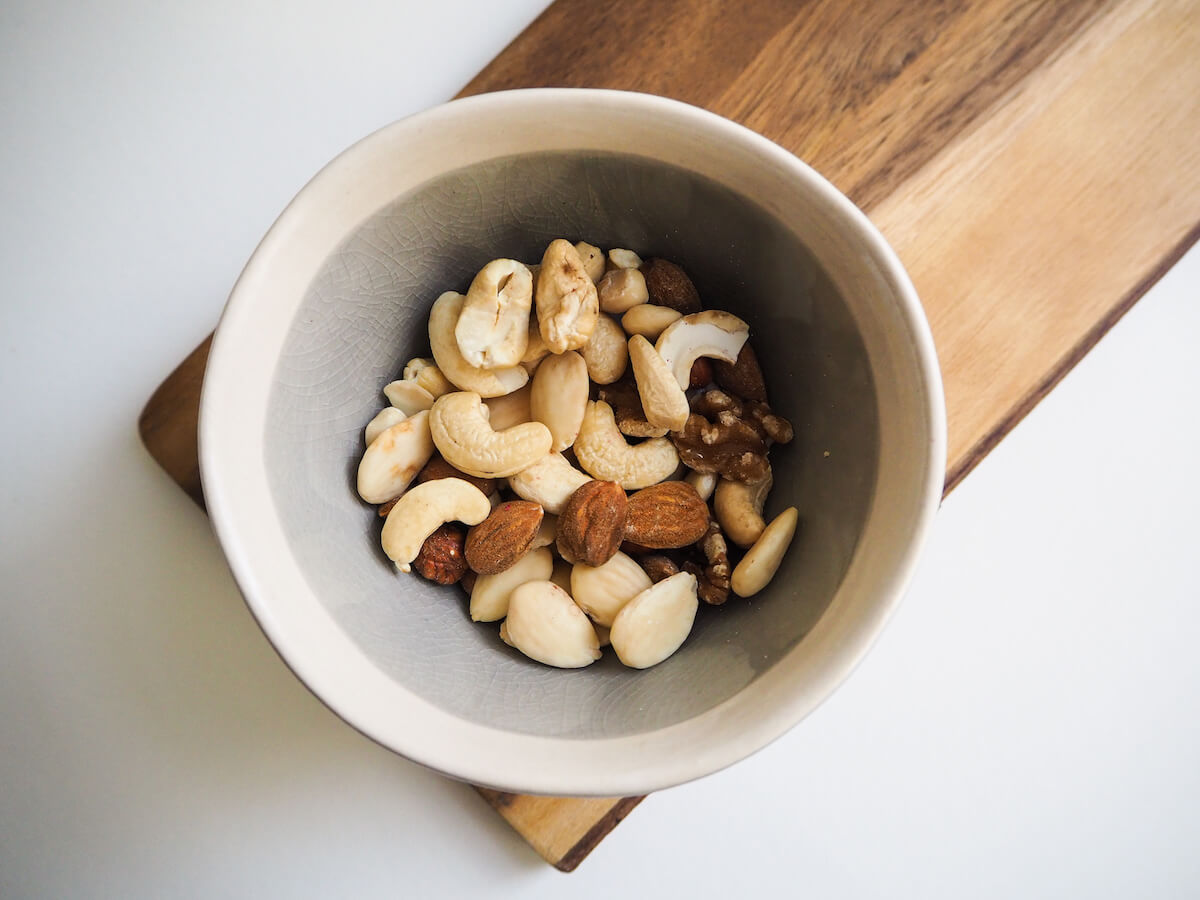

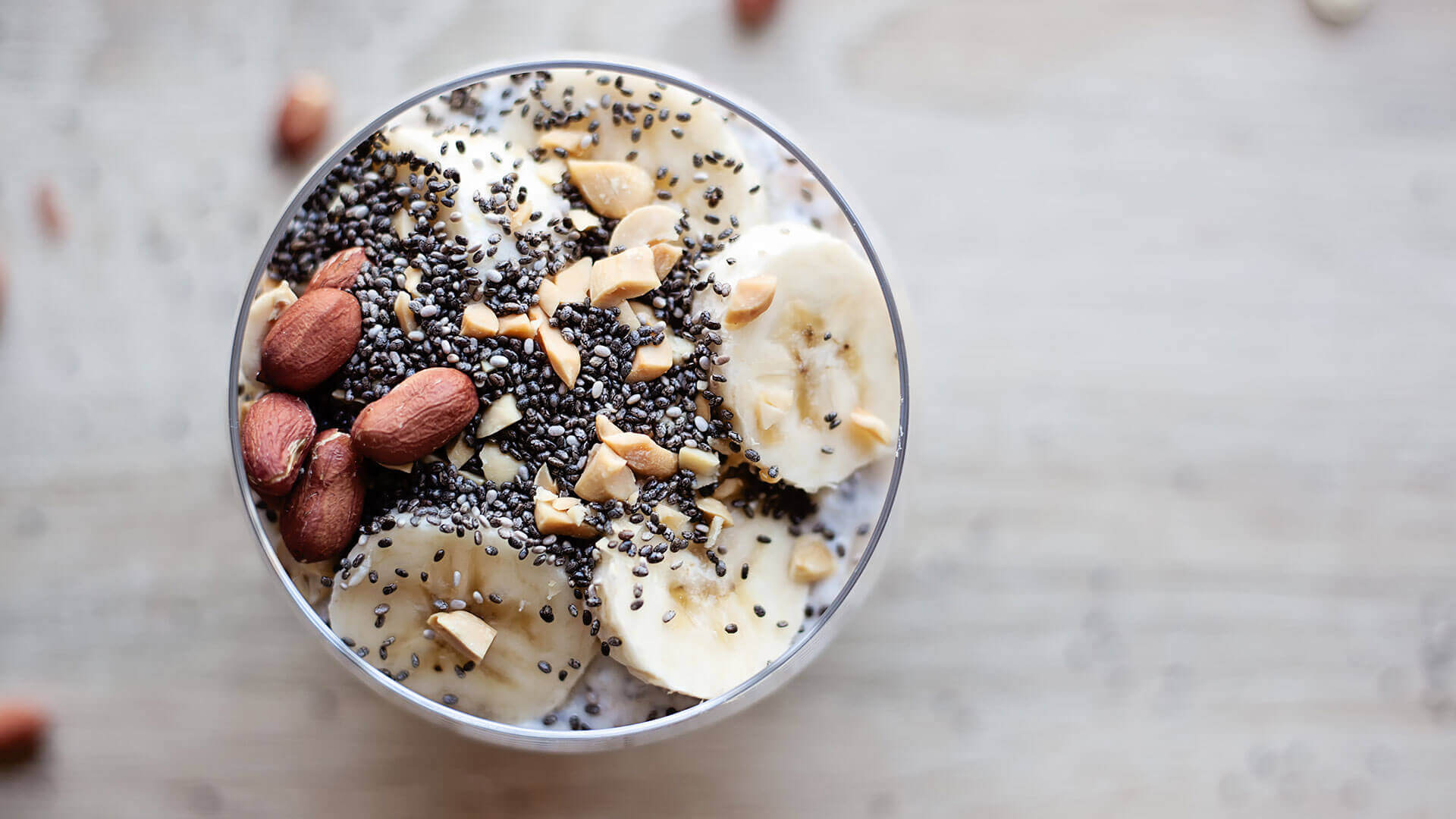
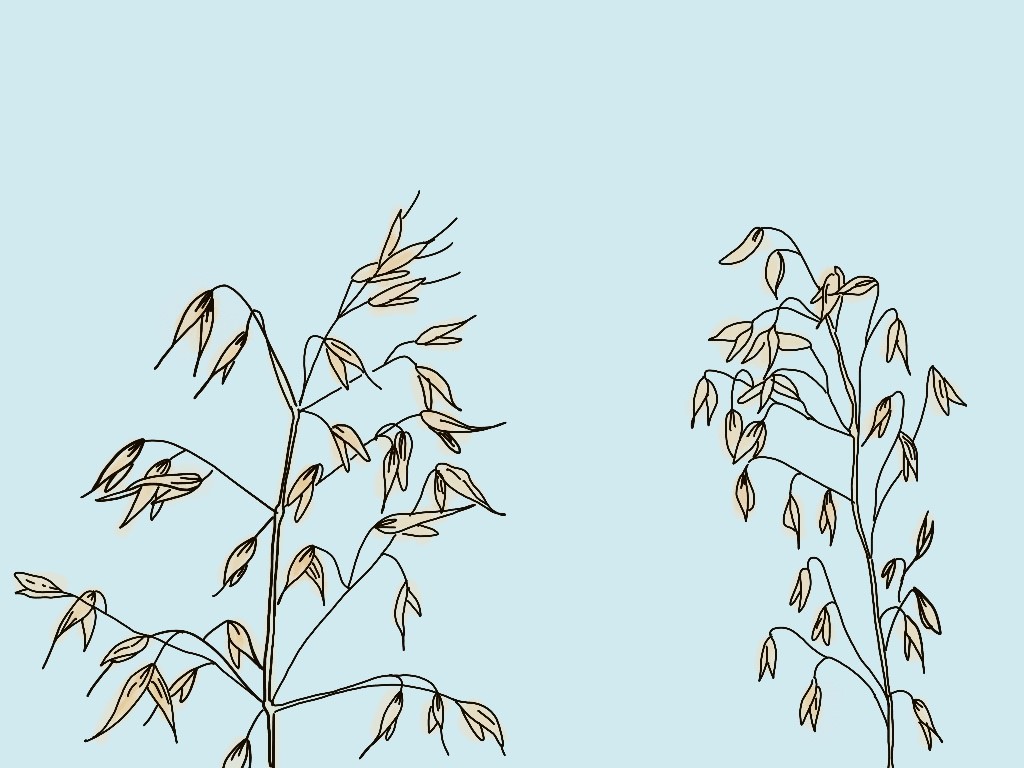
Do you like this post? Share it with friends: